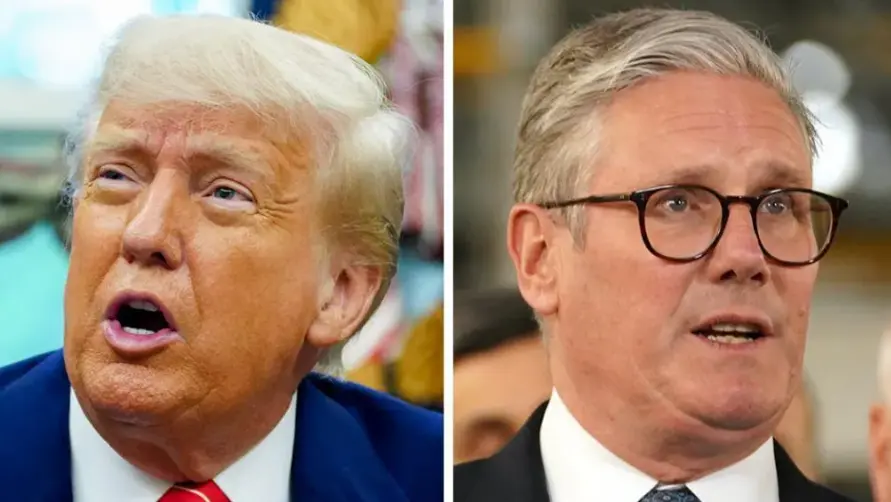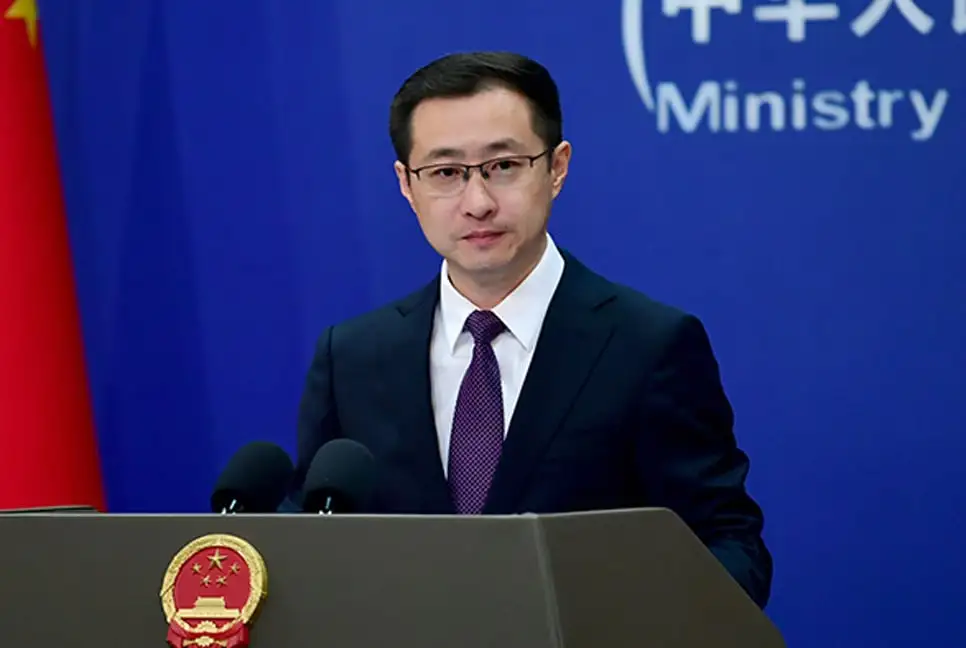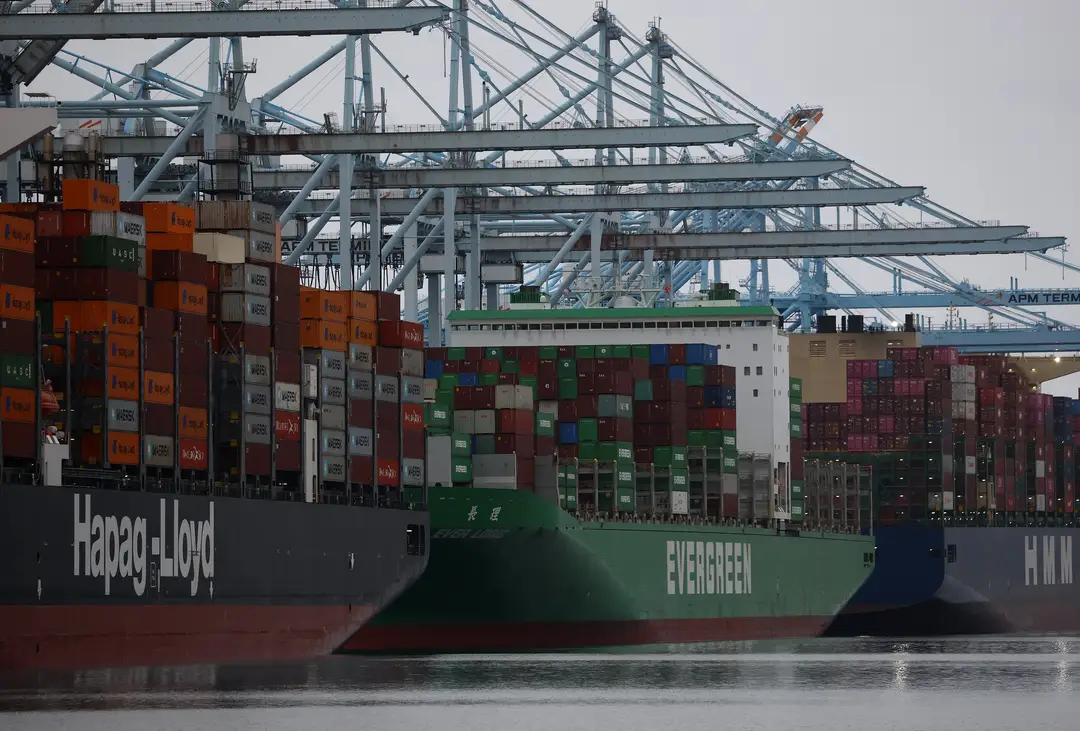In a major breakthrough in transatlantic trade, the United Kingdom and the United States have signed a new trade pact cutting tariffs enacted during the presidency of former President Donald Trump. The agreement, on May 8, 2025, signed by President Trump and UK Prime Minister Keir Starmer, is expected to strengthen economic cooperation between the two countries and alleviate major industries impacted by earlier trade tensions.
The trade agreement features various significant changes:
Automotive Tariffs: The U.S. will lower tariffs on British automobile imports from 27.5% to 10% for up to 100,000 automobiles in a year. Exports above this quota will still have to be charged the higher tariff rate.
Steel and Aluminum: Tariffs on British steel and aluminum exports to the U.S., which were already at 25%, will be removed.
Agricultural Products: The UK will permit tariff-free imports of a maximum of 13,000 tonnes of American beef, retaining its food safety standards, such as prohibitions on hormone-treated beef and chlorinated chicken.
Ethanol and Machinery: The UK will eliminate its 19% tariff on U.S. imports of ethanol and grant better access for American machinery and industrial goods.
Economic and Political Implications
Prime Minister Starmer welcomed the agreement as a “historic step” to safeguard thousands of British jobs, especially in the steel and automotive industries. The President Trump referred to the deal as a “great honor,” highlighting the deep economic partnership between the two nations. The Guardian
The pact occurs as part of larger attempts by the Trump administration to renegotiate terms on trade with top partners. The deal is seen by analysts as a possible template for subsequent negotiations, although some critics say that it leaves certain issues, including digital services and drugs, open.
Both nation’s industry leaders have greeted the accord broadly with relief. Society of Motor Manufacturers and Traders’ chief executive, Mike Hawes of the UK, characterized the reduction of auto tariffs as “great news for consumers and industry.”
But some UK authorities were concerned with the wider ramifications. Tory chief Kemi Badenoch spoke out against the deal, criticizing that the UK might have sacrificed more than it received, especially considering that most UK exports would continue to carry a 10% baseline tariff.
Though the agreement covers some of the major areas, there are other areas where negotiations are likely to be ongoing. Both countries have shown willingness to engage on matters pertaining to digital trade, medicines, and the film industry, where high tariffs and regulatory gaps persist.
As global trade continues to change, the US-UK agreement is a significant move toward liberalizing trade barriers and deepening bilateral economic relations.







